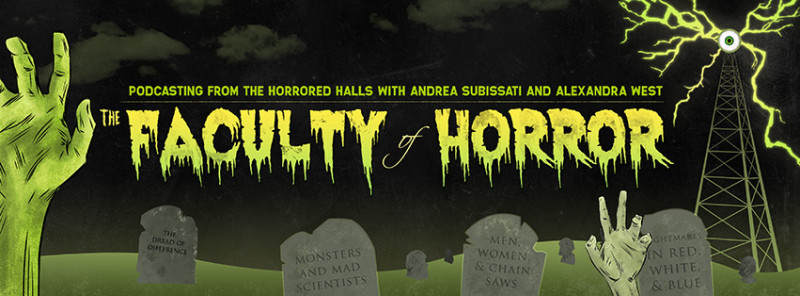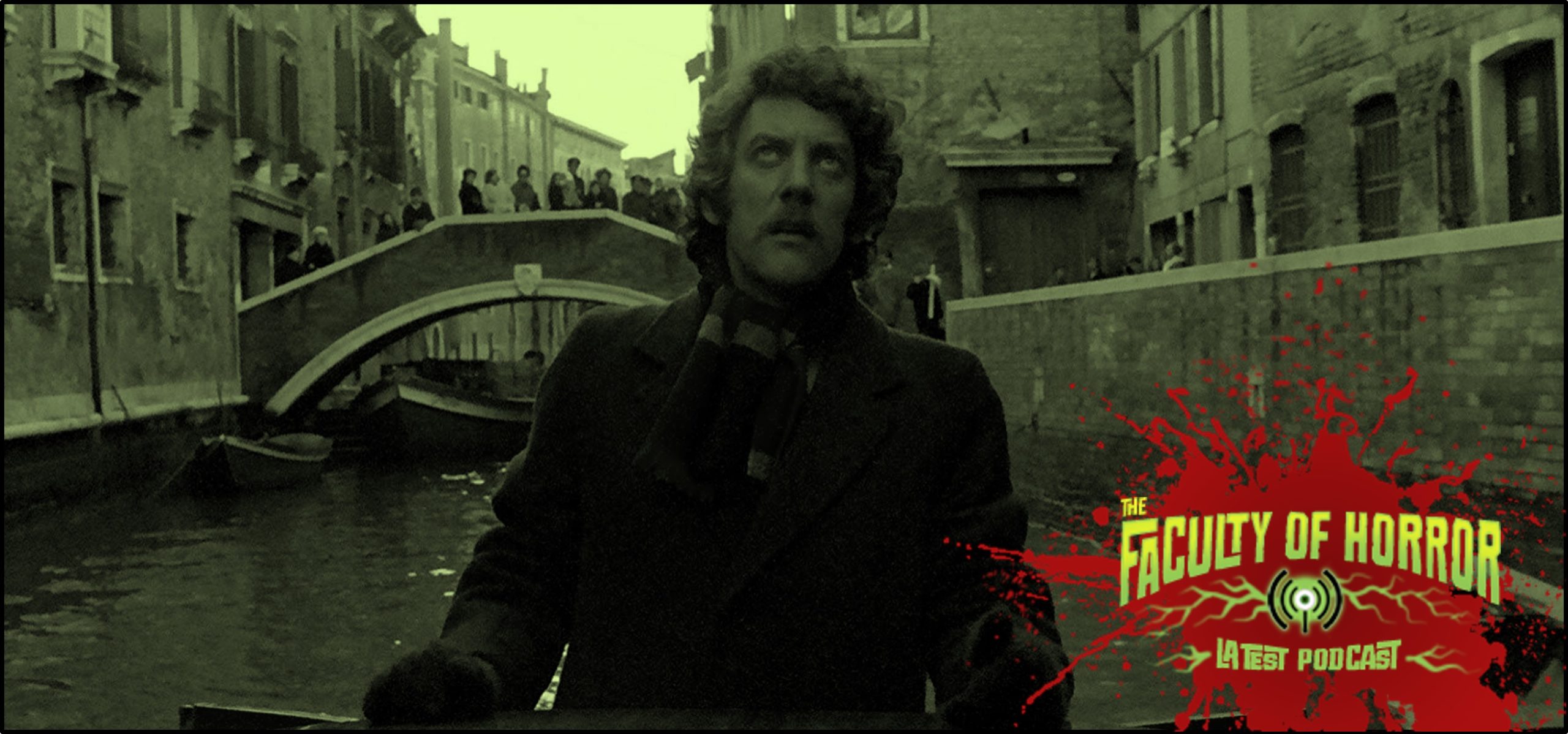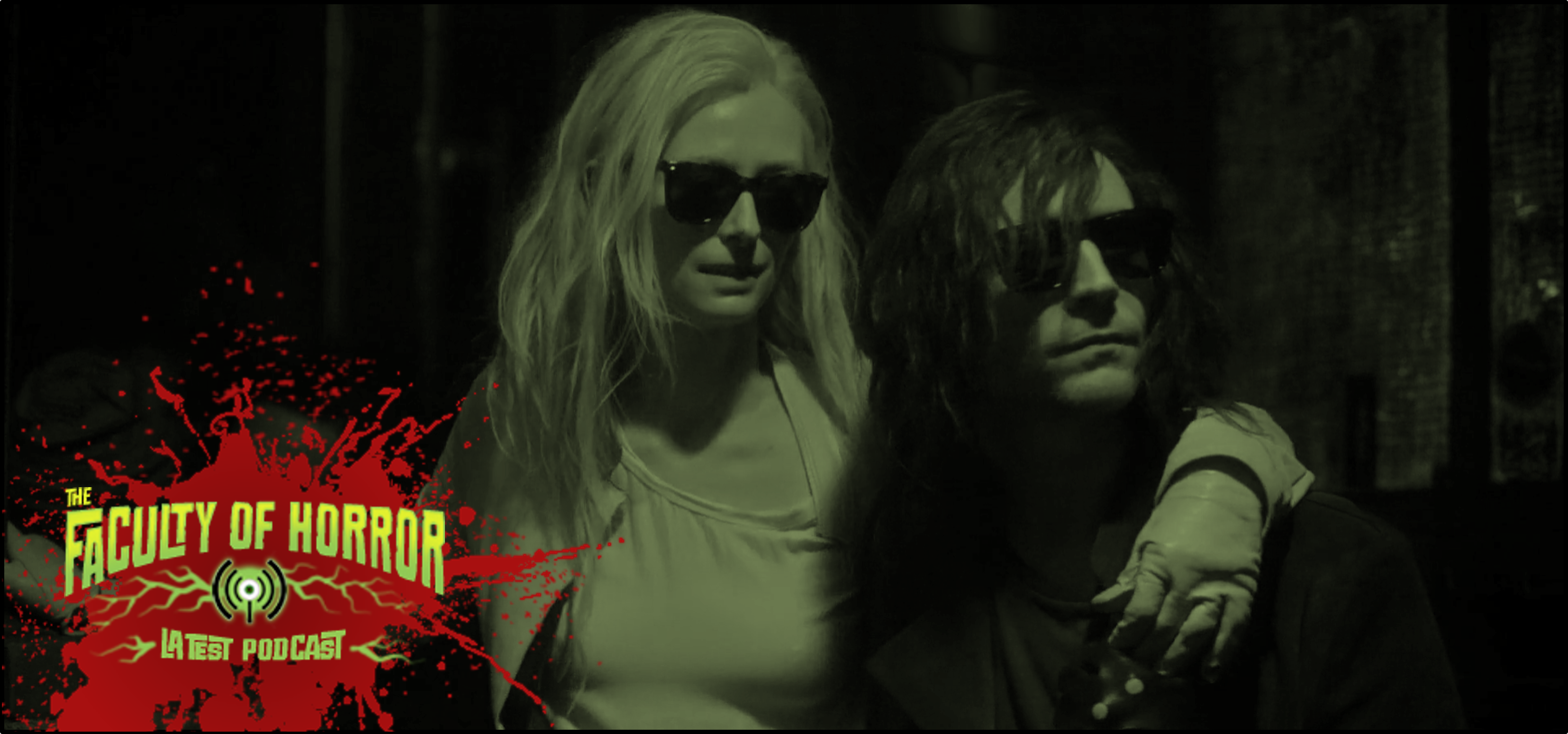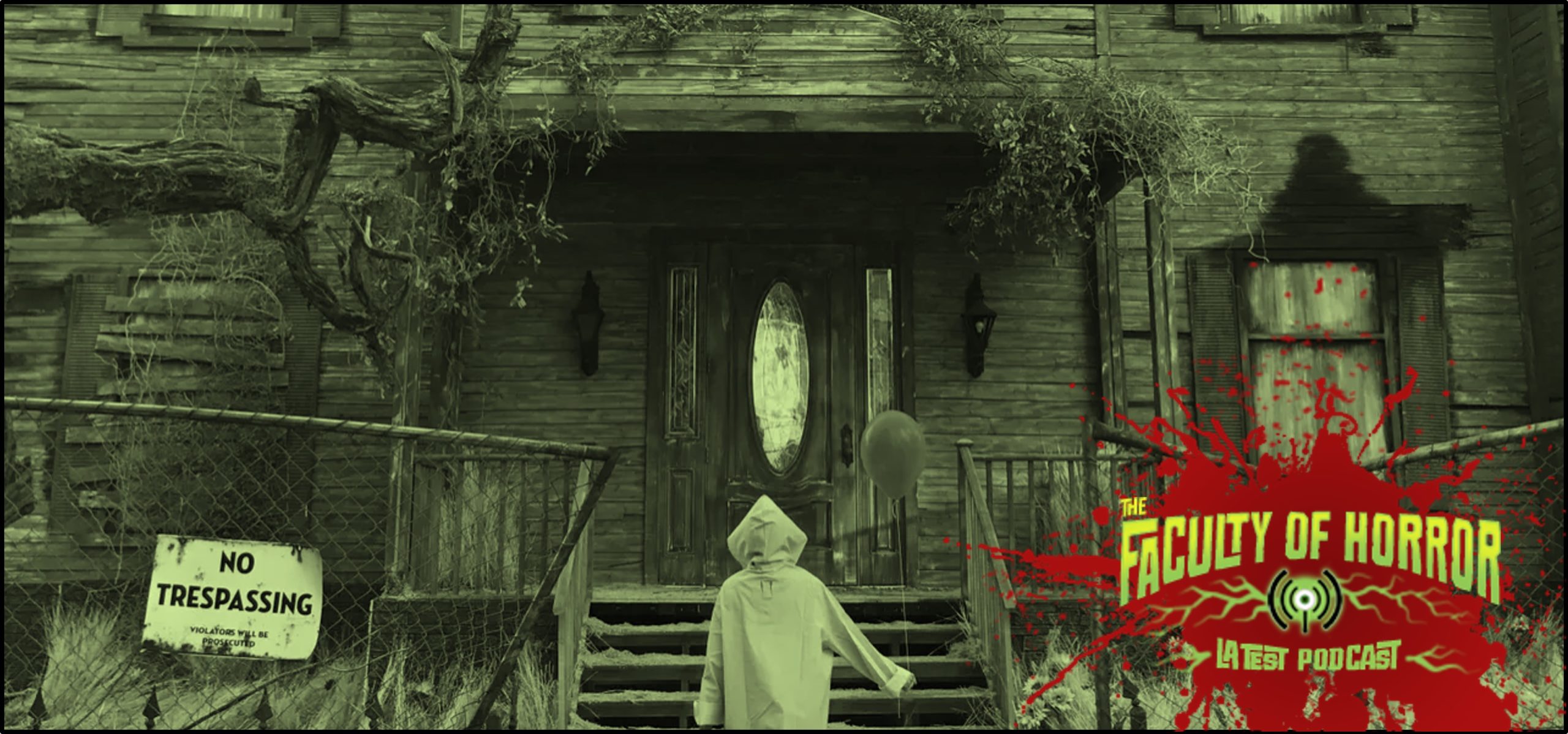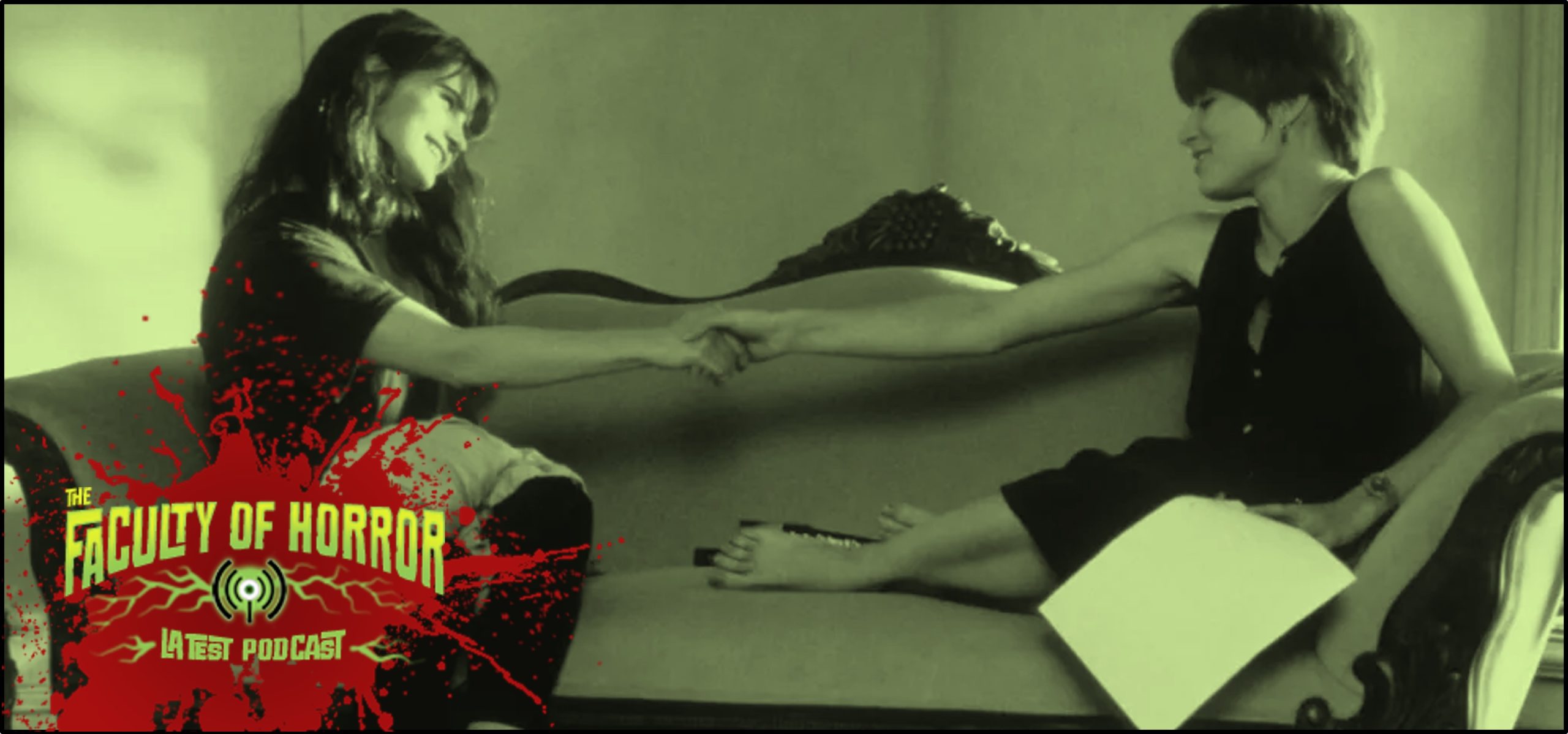Andrea and Alex delve into the murky depths of Nicolas Roeg’s classic to uncover the film’s themes of mysticism, misogyny and the ethics of mourning.
Artwork by @thelastjohnyontheleft
REQUIRED READING
Don’t Look Now. Dir. Nicolas Roeg, 1973.
EXTRA CREDIT
The Year of Magical Thinking. Joan Didion’s memoir of the year following her husband’s death.
Mysticism as a Female Path. Mary Sharratt’s look and the intertwining history of mysticism and women.
Take Some Pills for Your Hysteria, Lady. A history of men putting women on pills.
Devil’s Advocates: Don’t Look Now by Jessica Gildersleeve – accessible thru JStor via your local library perhaps?
The Social Regulation of Grief by Martha R. Fowlkes. Some emotional attachments are socially undervalued.
LISTEN
Right click or option-click here and choose “Save Target As”
Podcast: Play in new window | Download
